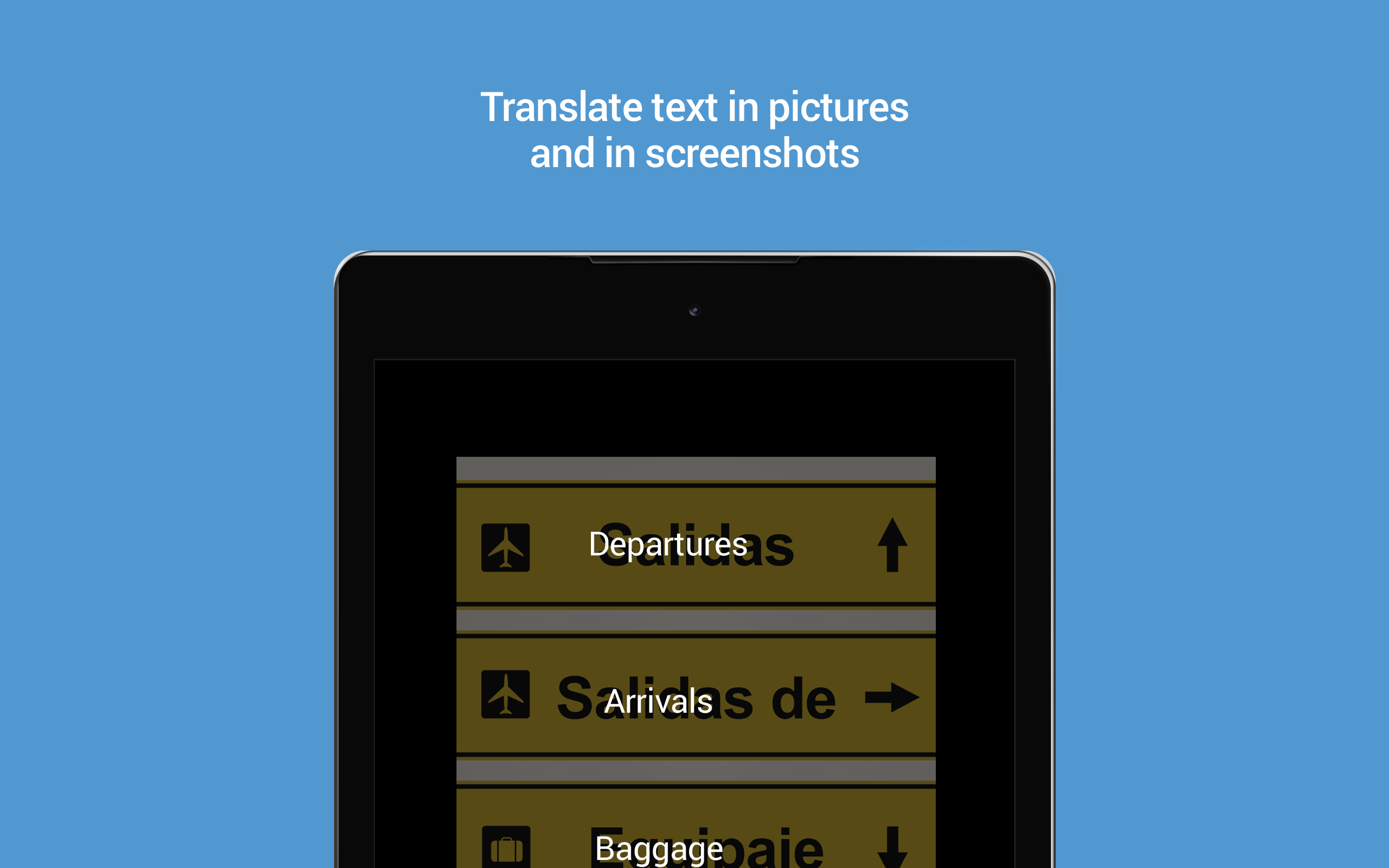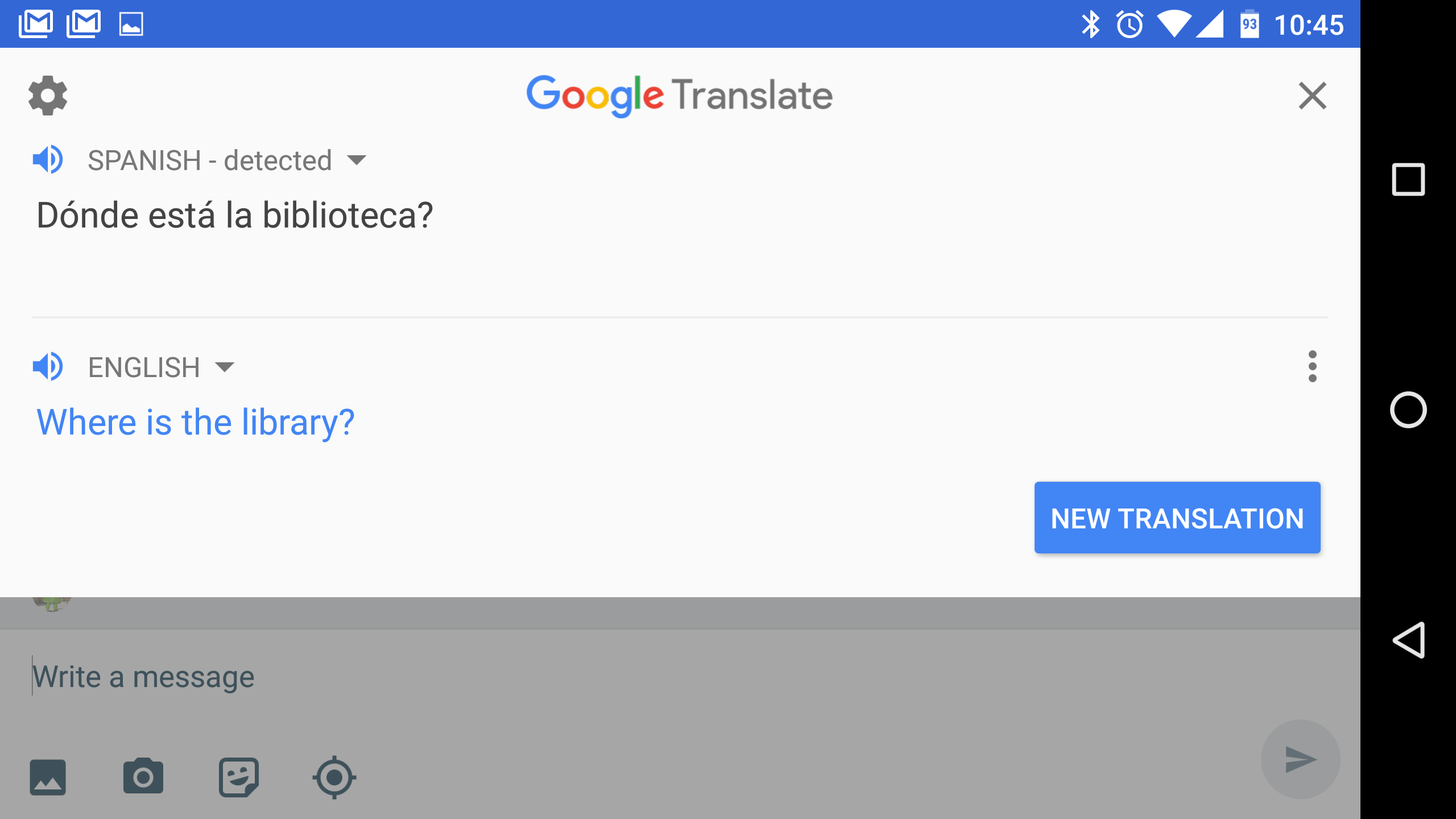The translation industry is huge and versatile. From manual translation to machine translation, the industry has come a long way and is experiencing a rising growth today. In fact, the concept of translation is prevalent in wide number of industries at present- ranging from legal to financial to defense to tech and so on. So, what are the major translation types? Well, the post below offers a brief on the most significant kinds of translation popular today.
Technical translation
In a broader view, technical translation denotes translation of instruction leaflets, user manuals, financial reports, internal notes, general administrative terms and so on. These documents generally have limited shelf-life and are mostly reserved for limited target niche.
In limited view, technical translation denotes translation of technical documentation like IT, engineering, mechanics, industrial or electronics texts. Translators who work on these translation projects are required to hold knowledge on specialized terminology involved in these projects.

Financial translation
Financial translation projects usually involve translation of documents related to banking, finance or stock exchange activities. These cover annual accounts of a company, annual reports, financing packages, financial contracts or statements and so on.
Legal translation
The legal industry is one of the biggest clients of translation services. There is a wealth of legal documents that seek translation assistance. These include – administrative texts like corporate statutes, remittance drafts, registration certificates; summons & warrants; technical documents like expert opinion; and so on.
Judicial translation
You must be wondering what the need is to allot a separate section for judicial transaction when we always have one for legal translation. Well, it’s because although the terms “legal” and “judicial” are related yet these two aren’t the same. We have already discussed about legal translation. On the other hand, judicial translation denotes translation tasks that are carried on court setting. These include translation of several documents covering rogatory letters, expert opinions, judgments and so on.
Literary translation
Now, literary translation is a tough job and calls for experienced translators. A translator here would primarily have to render semantic content from original text and also deal with other related difficulties, like:
- Polysemic word-play that’s in respect to the literary text
- The specific literary style of author. A translator here would have to take note of the writer’s unique presentation- the way in which s/he has put forth the ideas
- The meter. rhythm as well as inner balance of phrases used in the literature
Literary translation is especially tough when it comes to poetries because poets have got poetic liberties which they often exercise in a non-conventional form. So, if you have to translate a poetry, you must pay heed to the inner instincts of the poet and shouldn’t just take words literally.

Wrapping up
Now, there could be a debate on whether to use manual translation or machine translation. Of course with machine translators, you have the advantage of better speed over manual translation. Moreover leading translator devices like Muama Enence assures translation in as many as 40 languages. You may check out https://wchandyfest.com/muama-enence-review/ to know more about the device. But the catch is, machine translators can’t guarantee 100 percent accuracy. On the other hand, human translation can usually ensure complete accuracy. But then it does not have the speed of machine. The best procedure is a mix of both human and machine translation.
